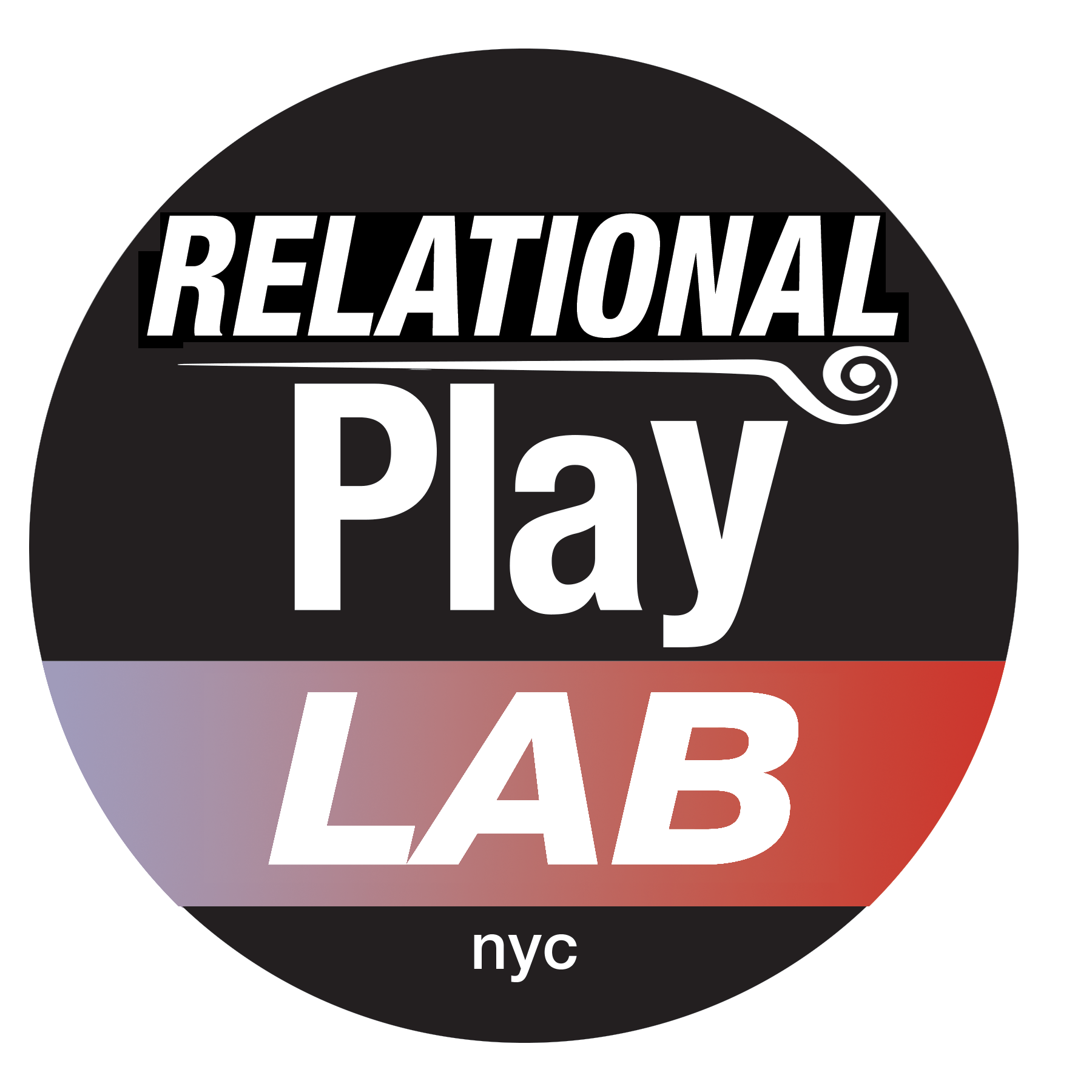How might we engage in disorderly play? How often do you play towards order? In the West we often create ways towards order. However, some Eastern philosophers view order as transient while chaos as ever-present. Order is what we float on to the chaos. Chaos is just under the surface. An order is an illusion. A sense created to delude ourselves into thinking we are immersed in order. So, how might we engage with the disorderly? Thomas Henricks (2015), a Professor of Sociology states
Sutton-Smith himself tends to emphasize types of play that are disorderly and rebellious….Playing in disorderly ways means deconstructing (to use a postmodern term) the meaning systems and patterns of relationship that are normative for societies….Forbidden terrain is inhabited and explored.
The opposite approach, which perhaps has been dominant in play studies, is to emphasize the themes of order making, cooperation, and rule observance. Play of this sort—such as building sandcastles, carefully painting pictures, and participating amiably in games—is consistent with most adults’ ideas about socialization and civility. (p. 288)
So, as inquisitors of play, further research on play calls us to be curious about the uncertainty inherent in the disorderly play. What might we learn from it? How might we learn from it for our everyday life & living? Henricks identifies teasing, mocking, rule-breaking etc as forms of disorderly play. He believes this is how we learn what forms are non-negotiable and what are negotiable. So, next time you find yourself in a box or coloring within the circle, ask yourself what is negotiable and what is non-negotiable here? And who has defined it as such?
Often when we don’t question dominant practices that are oppressive, such as sexual harassment, unfair practices, we have learned along the way to color within the circle. “Don’t rock the boat.” “Don’t make waves.” We have learned to box ourselves to maintain order. But whose social order is it? Who does it serve to not speak up? Most often it is our learned attunement towards an orderly play that presents itself as boxing ourself in; often doing the work for the oppressive social order. Boal calls this “Cop in the head!” There is a whole theater form based on playing “Cop in the head” games that help to unpack the cops in our heads. An amazing form of orderly play for playing with disordering. Check it out!
So, check your play! We need both forms!

